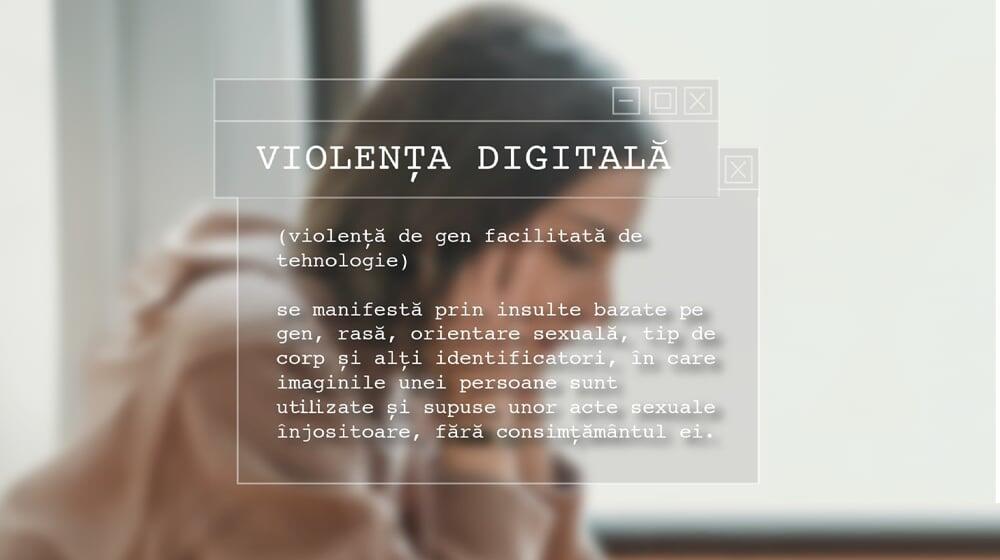In a groundbreaking move, Moldova has revised its laws among other critically important revisions, to explicitly recognize and combat gender-based violence in the digital realm. The United Nations Population Fund (UNFPA) applauds this major step forward, which aligns Moldova's legal framework with European standards and the Istanbul Convention.
The revision of Law No. 45/2007 on Preventing and Combating Family Violence introduces new definitions for “violence against women,” “femicide,” and “psychological violence,” which provides clarifications on forms of violence facilitated through information technology, among other means. The changes also establish new mechanisms for a data collection system, which will be managed by the National Agency for Preventing and Combating Violence against Women and Domestic Violence.
These changes constitute a comprehensive and adaptive legal response to the unique challenges of digital abuse, demonstrating Moldova's commitment to tackling this pressing global issue.
"This new law isn't just about changing the language; it's about creating a real shield of protection for every woman and girl in Moldova," proudly declares Doina Gherman, Vice-President of the Parliament of the Republic of Moldova. "These amendments are a victory for everyone who believes in a just and equitable society. It's a testament to the power of collaboration, and a reminder that when we work together, we can create real change that protects and uplifts women and girls."
The digital age brings incredible opportunities, but it also harbors new dangers, especially for women and girls. According to UNFPA data, globally, 85% of women have experienced or witnessed digital violence against women; 95% of deep fake videos on the internet are in nature pornographic. A study carried out by “La Strada Moldova” in 2021 showed that in Moldova every second adolescent girl said she had been asked for sexual images online, but very few reported this experience.
"The Republic of Moldova urgently needs a well-coordinated data collection system to effectively monitor all forms of violence against women and domestic violence, aligning with European and international standards. This comprehensive system is crucial for collecting reliable and consistent data, which is essential for identifying trends, measuring the impact of policies, and developing targeted strategies that address the real needs of victims, thereby significantly enhancing the prevention and combating of violence", said Viorica Țîmbalari, director of the National Agency for Preventing and Combating Violence against Women and Domestic Violence.
"Behind every statistic of violence, behind every tragedy, there's a real person, a mother, a daughter, a friend", says Dr. Karina Nersesyan, UNFPA Resident Representative in the Republic of Moldova. She emphasizes the critical nature of these legislative revisions recognizing that "Digitalization has opened new avenues for harm". This landmark change, supported by UNFPA, sends a clear message: gender-based violence, in any form, will not be tolerated. Moldova is taking a stand not just for its own women and girls, but in solidarity with the countless others facing digital abuse worldwide.
UNFPA has been the driving force in addressing technology-facilitated gender-based violence (TFGBV) in Moldova and around the globe. Through awareness campaigns like the Bodyright Campaign, strategic partnerships, and tireless policy advocacy, UNFPA is promoting a safer digital landscape.
The newly established Technical Group of Experts on TFGBV, a collaboration fostered by UNFPA between government, parliament, tech companies, and civil society, further strengthens Moldova's response. This platform, a testament to UNFPA's leadership, fosters knowledge sharing and collaboration, paving the way for stronger policies and legal frameworks to combat this global crisis.
Moldova's bold actions, fueled by UNFPA's expertise, set a powerful example for the world. UNFPA remains dedicated to working closely with the government, parliament, and partners to achieve new milestones towards creating a safe and inclusive space where all women and girls can thrive, free from violence, both online and offline.





